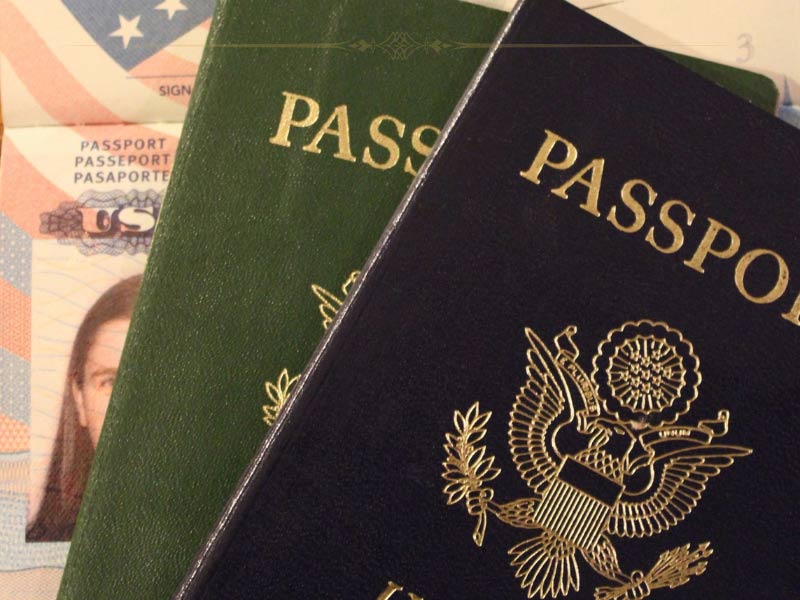In an increasingly interconnected world, holding dual citizenship has become more valuable than ever. For many people, a second passport isn’t just a dream – it could be their birthright, hidden in their family tree. Several countries offer citizenship to descendants of their former nationals, creating unique opportunities for global mobility.

The concept of citizenship by descent, also known as jure sanguinis (right of blood), allows individuals to claim citizenship based on their family heritage. This path to dual citizenship is often simpler and more cost-effective than other routes, such as investment or naturalization programs.
European Powerhouses Leading the Way
Italy: The Most Generous Ancestry Program
Italy stands out with one of the most generous citizenship-by-descent programs globally. There’s no generational limit for Italian ancestry claims, making it particularly attractive for descendants of Italian immigrants. The key requirement? Your Italian ancestor must have maintained their citizenship until the birth of their child.
Required documents:
- Birth certificates
- Marriage certificates
- Death certificates
- Proof of Italian citizenship maintenance
Hungary: Embracing Its Diaspora
Hungary’s approach to ancestral citizenship is remarkably straightforward. Those with Hungarian grandparents can apply for citizenship verification without language requirements, making it one of the most accessible programs available.
Ireland: The Celtic Connection
Ireland’s program extends citizenship rights to those with Irish grandparents, offering a gateway to one of the world’s most powerful passports. The process involves:
- Foreign Birth Registration
- Documented proof of ancestral connection
- Verification of grandparent’s Irish citizenship
Historical Justice and Citizenship
Germany’s Restoration Program
Germany offers citizenship restoration to descendants of those who lost their German nationality due to persecution between 1933 and 1945. This program serves as both historical reconciliation and an opportunity for affected families to reclaim their heritage.
Lithuania’s Historical Recognition
Lithuania’s program specifically addresses historical emigration and deportation, offering citizenship to descendants of pre-1940 citizens who left the country before 1990. This includes:
- Descendants of deportees
- Children and grandchildren of political prisoners
- Those whose ancestors fled during specific historical periods
Spain’s Return Path
Spain offers a unique program requiring a one-year residency period for grandchildren of Spanish citizens. While this adds an extra step, it provides a clear path to one of Europe’s most valuable passports.
Benefits of Dual Citizenship
- Enhanced global mobility
- Access to multiple job markets
- Educational opportunities
- Healthcare systems access
- Property ownership rights
- Cultural connection
Strategic Considerations
When pursuing ancestral citizenship, consider:
- Processing times (can range from months to years)
- Documentation requirements
- Associated costs
- Language requirements (if any)
- Implications for current citizenship
- Tax obligations
Taking Action
If you believe you qualify for ancestral citizenship:
- Research your family history thoroughly
- Gather required documentation
- Consult with immigration specialists
- Contact relevant embassies or consulates
- Prepare for a potentially lengthy process
The Bottom Line
Ancestral citizenship programs offer a unique opportunity to expand your global footprint through family heritage. While the process requires patience and careful documentation, the rewards can be significant, offering enhanced freedom of movement and new opportunities for future generations.
Whether you’re seeking enhanced travel freedom, professional opportunities, or a deeper connection to your heritage, exploring these citizenship-by-descent programs could open doors you never knew existed. The key is thorough research and careful preparation of your application.




